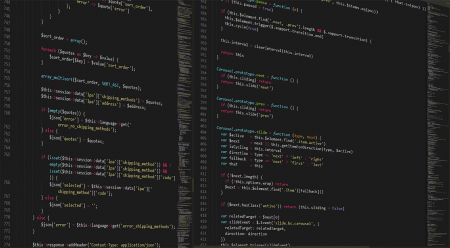Read and remember.
When we talk about mixed conditionals, we
Read and remember.
When we talk about mixed conditionals, we are referring to conditional sentences that combine two different types of conditional patterns. The most common combination is the Type 3 conditional in the //-clause (if + past perfect) followed by the Type 2 conditional (would + infinitive) in the main clause. With this combination we are contrasting an imagined or real event in the past with the present result of that.
If the Maya had predicted weather changes better, their civilisation would probably survive today.
If Guttenberg hadnt invented printing with movable type, people wouldnt be able to publish so many books now.
We can also convey the same idea of past event and present result by using the Type 3 conditional (if + past perfect, wouldve + past participle) in both clauses. We use this type of conditional when we regret past action or inaction. If the Maya had predicted weather changes better, their civilisation would probably have survived.
If Guttenberg hadnt invented printing with movable type, people wouldnt have been able to publish so many books by now.
If the Maya had predicted weather changes better, their civilization would probably survive today.
(Если бы Майа предсказали погоду лучше, их цивилизация вероятно выжила бы сейчас)
If Guttenberg hadnt invented printing with movable type, people wouldnt be able to publish so many books now.
(Если бы Гуттенберг не изобрел печать с подвижными головками, люди не были бы в состоянии опубликовать столько книжек в истиннее время)
Мы также можем передать ту же идея прошедших событий с результатом в истинном с подмогою 3 типа условного наклонения (if + Past Perfect, wouldve + past participle) в обоих предложениях. Мы используем этот тип условного наклонения, когда мы сожалеем о прошлом деяньи либо бездействии.
If the Maya had predicted weather changes better, their civilization would probably have survived.
(Если бы Майа предсказали погоду превосходнее, их цивилизация, возможно, выжила бы сейчас)
If Guttenberg hadnt invented printing with movable type, people wouldnt have been able to publish so many books by now.
(Если бы Гуттенберг не изобрел печать с подвижными головками, люди не были бы в состоянии опубликовать столько книг в настоящее время)
-
Вопросы ответы
Статьи
Информатика
Статьи
Математика.
Физика.
Математика.
Разные вопросы.
Разные вопросы.
Математика.
Разные вопросы.
Математика.
Физика.
Геометрия.




